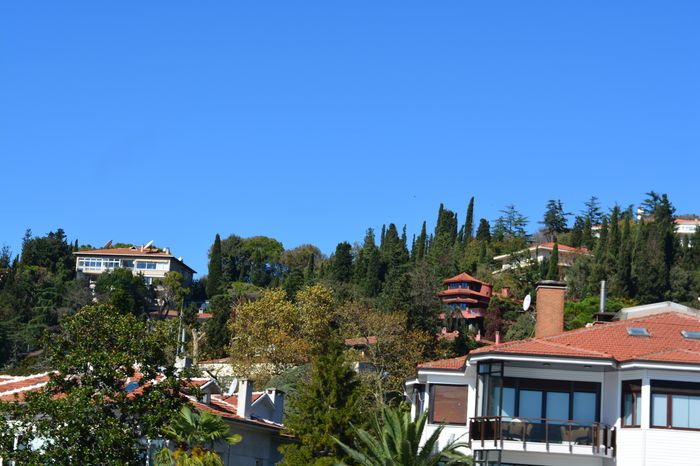The interior arrangement was somewhat like those he had seen at Drepanum and Dura, consisting of a single large room with benches for the worshipers to sit upon and a lectern or pulpit upon a raised dais at the end. But there were no paintings upon the walls; nor did he see any when he looked through the open doorway of the small adjoining room in which stood a marble font where, he had learned, the rite of baptism so highly prized by the Christians was carried out.
Christians to read the teachings
As he strode down the middle aisle of the room Constantine saw, partially unrolled upon the lectern, one of the scrolls from which it was the custom during the services of the Christians to read the teachings of their leader and the apostles who had been next beneath him in order of power. A tall man wearing a white robe and an embroidered dalmaticsuch as he had seen in Antioch stood before the lectern with his hand resting quietly upon it. The priest showed no sign of fear and, when Constantine raised his hand, the soldiers behind him came to a halt.
Tribune Constantinus, bearing the orders from the Emperor to seize all images of your god,” he announced.
“You will find no images here, Tribune,” the priest said. “Our faith forbids them.”
“All holy writings are also to be destroyed.”
These are the Scriptures. The priest pointed to the scroll upon the pulpit. “But be sure that for every scroll you destroy a hundred shall spring up like the seeds in the parables of our Lord.
“Hand them over,” Constantine ordered.
“Nay, you must seize them if you wish to destroy them,” the priest said firmly.
A decurion, who was just behind Constantine, started to push forward toward the priest at this show of defiance, but Constantine barred his way with an outstretched arm.
“Our orders said nothing about harming people,” he said sharply.
“But he has refuse ”
Before the sentence could be completed, Constantine stepped forward and reached for the parchment roll, but as his fingers touched it he found himself recalling the words he had heard Theognis of Nicaea read years before in a little church at Drepanum. The memory of their beauty and simplicity made him want to draw back and, even now, refuse to carry out the order he had been given. But he knew such an act would put him at the mercy of Galerius and, with an effort, forced his fingers to obey his will and close over the scroll.
Read More about Nicomedia without Galerius






